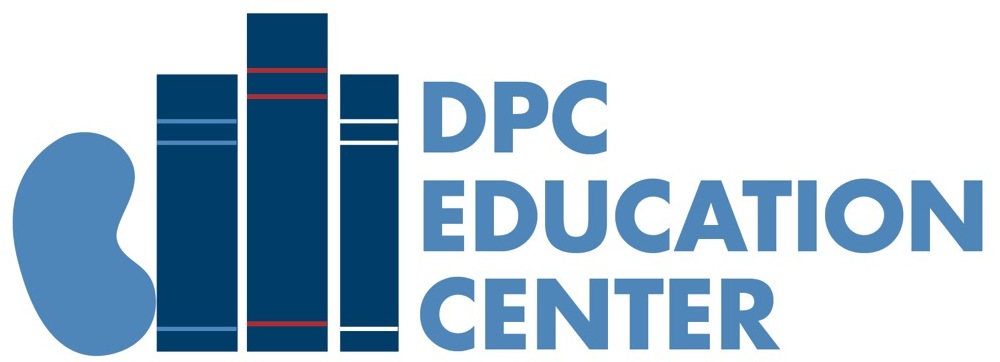Mental health is defined by the World Health Organization as a state of well-being in which every individual realizes his or her own potential, can cope with the normal stresses of life, can work productively and fruitfully, and is able to make a contribution to her or his community.[1] Therefore, if you don’t have a healthy mental state it will be hard for you to live your life to the fullest extent.
Mental health disorders are common in the United States, and each year approximately one quarter of the population suffers from one or more disorders. [2] Maintaining emotional health can be a challenge for anyone, but is even more difficult for those that have CKD. Most patients experience a wide range of feelings as they adjust to the realities of kidney failure and dialysis. Don’t hesitate to seek help from your doctor. Having a strong mental health status could make the difference in the outcome of your treatment.
In the U.S. there is still a stigma attached to mental or emotional health issues. Just this year the film, Silver Linings Playbook, was nominated for the Academy Awards Best Picture along with a several other individual awards. At least part of the reason that the movie was so well received is because it talked about mental health issues in a mainstream format. To quote the Best Actress award winner, Jennifer Lawrence, “I don’t think we’re going to stop until we get rid of the stigma for mental conditions…If you have asthma you take asthma medicine. If you have diabetes you take diabetes medicine. But as soon as you have to take medication for your mind there’s such a stigma behind it.” Of course not everyone has a negative opinion on getting help for mental health conditions. However, there is still room to improve.
Recently the nation’s health leaders began expanding on the definition of health and the Centers for Disease Control and Prevention changed the definition of health to “a state of complete physical, mental and social well-being and not just the absence of sickness or frailty.”[3] This shift of considering individual health as a whole mind body experience is refreshing, but the idea still needs to spread and build from a definition into a cultural mindset.
Patients with chronic kidney disease (CKD) and end-stage renal disease (ESRD) know that the numbers on the machine or lab printout don’t tell the entire story. You could look great and your numbers could come back poor or you can feel awful and all of your tests are positive. Just the same as looking physically strong, but you could be suffering on the inside. Research has shown that the death rate from chronic diseases such as heart disease and diabetes are two to three times greater for people living with mental health conditions.[4] As you can see, having a chronic condition can greatly impact your mental state and your mindset and emotions can also worsen the symptoms of your disease. Creating a cycle that is difficult to break without help.
In this class, you will learn that mental health conditions are common and, if you suffer from one, you are far from alone. Additionally you can learn more about out how your mental status can impact your disease and vice versa, discover coping mechanisms and find helpful local and national resources.
Please note that any advice given in this class is for educational purposes only. We aren’t licensed medical professionals and you should work with your healthcare team for issues related to the treatment of your care.
[1] World Health Organization. Definition of mental health. Retrieved from http://www.who.int/features/factfiles/mental_health/en/
[2] National Institute of Mental Health. Any disorder among adults. Retrieved from http://www.nimh.nih.gov/statistics/1ANYDIS_Adult.shtml
[3] Center for Disease Control and Prevention. Definition of health. Retrieved from (http://www.cdc.gov/socialdeterminants/Definitions.html).
[4] Marc De Hert., Christoph U. Correll, Julio Bobes, Marcelo Cetkovich, Et. Al. Physical illness in patients with severe mental disorders. I. Prevalence, impact of medications and disparities in health care. Official Journal of the World Psychiatric Association. 2011 February; 10(1): 52–77.http://www.ncbi.nlm.nih.gov/pmc/articles/PMC3048500/



